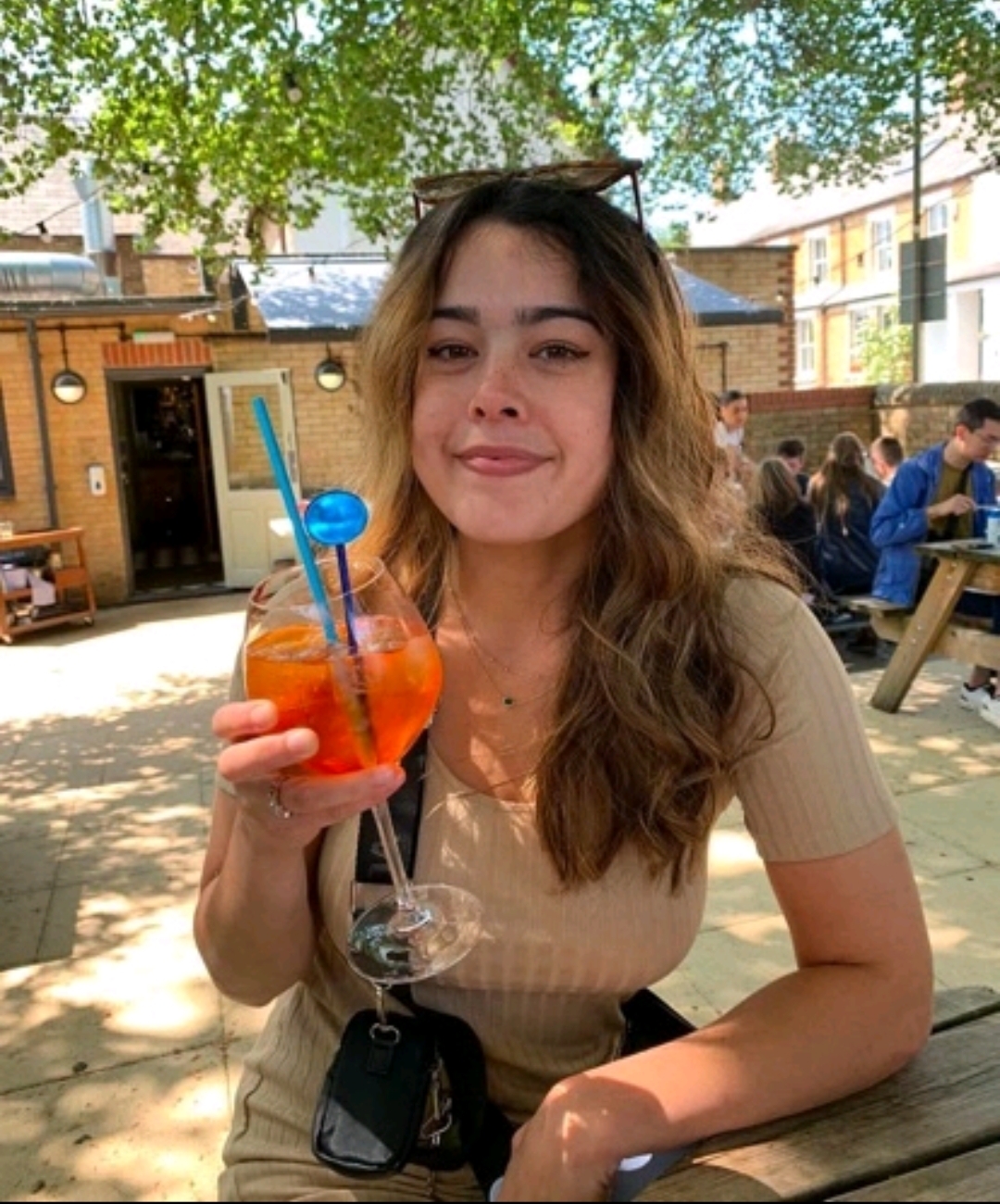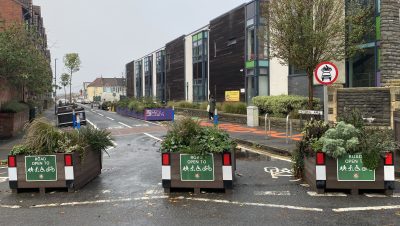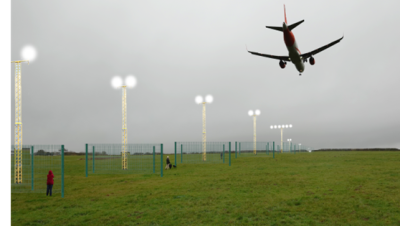
Your say / Invisible Disabilities
‘We can all do our little bit to help make our world more accessible’
I am asking myself a question; a question that has become louder as my condition has deteriorated. What does accessibility mean? Is there ever really a one-size-fits-all approach or solution? And I think most importantly of all, is accessibility synonymous with disability?
It was eight years before I was referred to the hospital’s neurology department. My symptoms were getting worse, but even so, I was not prepared for what was to come. “You have a very rare neurological condition called ataxia,” the doctor told me. This is a term that encompasses a group of disorders that affect coordination, balance, and speech, and whose symptoms and severity vary depending on the type of ataxia.
Bristol is undoubtedly a thriving cosmopolitan city with an abundance of things to do, but since my diagnosis in 2017, the historical nature of our city has posed some challenges.
is needed now More than ever
We live in such a wonderfully diverse city, but how can we be proud of that when we do not cater to every minority group? How do we go about tackling this? Because, is there ever really a one-size-fits-all approach or solution?

Tallulah Clark from Horfield who has a rare neurological condition called Ataxia
As a walking aid user, I get disheartened and frankly a little bit frustrated every time I have to assess how I am going to walk down a narrow pavement lined with bins. I’m riddled with anxiety at just the thought of the uneven and somewhat cobbled streets full of potholes. Maddened every time someone parks on a dropped curb.
I want to address the last question first, the words accessible and disabled are more often than not used synonymously.
Maybe I’m being slightly hypocritical, because I too call it a disabled loo or the disabled entrance. But that is because I need to use it because I have a disability. To me, that is its purpose, that is why I need access to it.
But there may be many other reasons why someone may require an accessible or adapted loo. Why someone with a pram may find it ten times easier to walk up a ramp than a flight of stairs. Why someone without a disability may need an accessible option.
So finally, what does accessibility mean? This is such a difficult question because, in my opinion, it is entirely subjective. How can anyone other than the person themselves really and truly understand their needs? The answer is they can’t. My needs will be vastly different to the next person, disability or not. But we can all do our little bit to help make our world more accessible for those who need it to be.
This is an opinion piece by Tallulah Clark from Horfield who has a rare neurological condition called Ataxia.
If you would like to write an opinion piece to be featured on the website, please send an email to ed-team@bristol247.com with your opinion piece idea and we will get back to you with instructions on the next steps.
All photos: Tallulah Clark
Read next:
 Our newsletters emailed directly to you
Our newsletters emailed directly to you



















